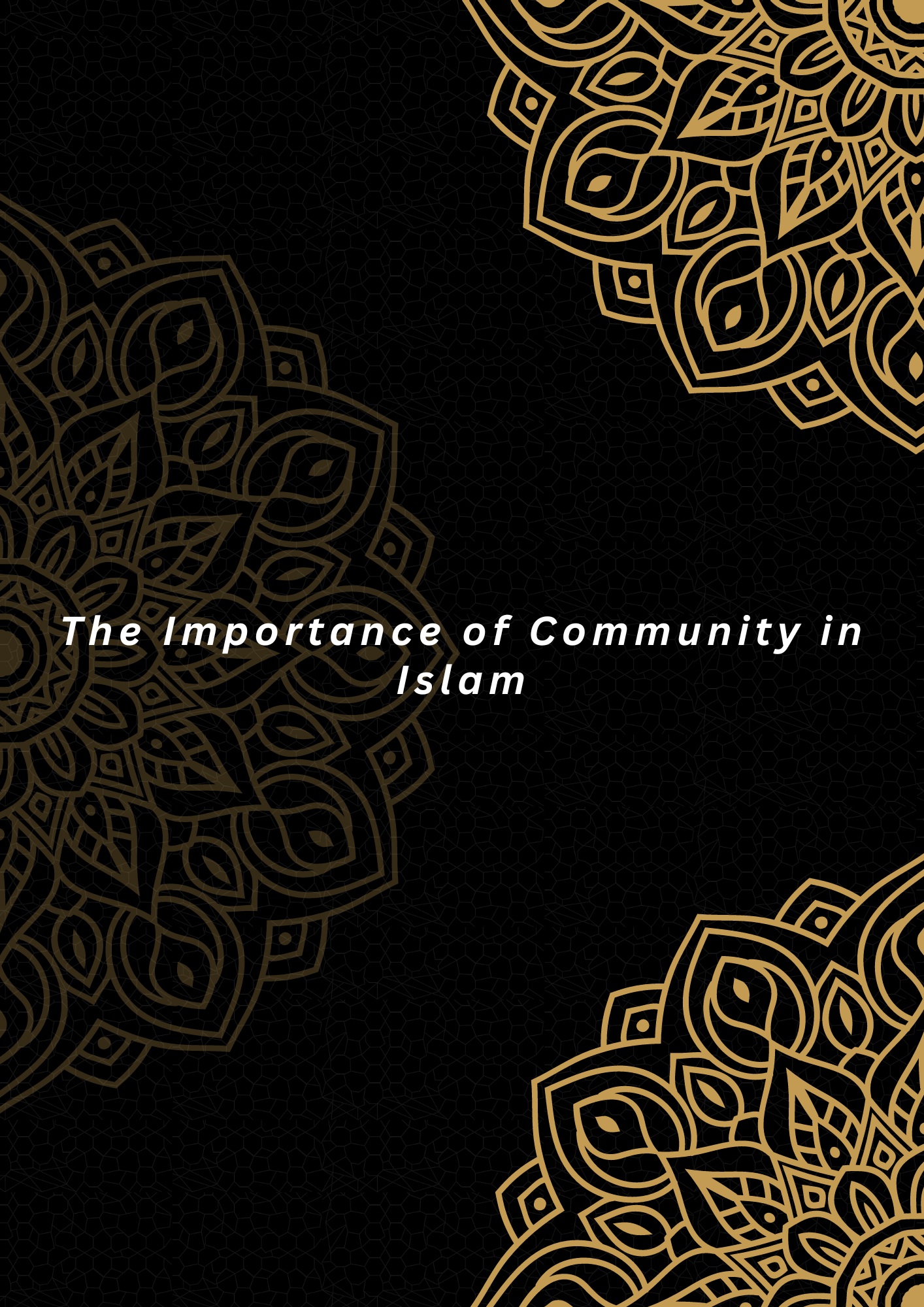Charity, known as “Sadaqah” in Arabic, is a fundamental aspect of Islamic teaching and practice. It is deeply rooted in the faith and carries significant importance in the life of a Muslim. Charity in Islam is not merely an act of generosity but a divine obligation and a means of purifying one’s wealth and soul. This article explores the significance of charity in Islam, its various forms, and the profound impact it has on individuals and society.
The Concept of Charity in Islam
In Islam, charity is a multifaceted concept encompassing various forms of giving, each with its unique significance and rules. The primary types of charity in Islam include:
- Zakat: This is a compulsory form of charity that every financially capable Muslim must pay annually. Zakat is calculated as 2.5% of one’s savings and wealth, excluding personal items like clothing and household goods. The purpose of Zakat is to redistribute wealth within the Muslim community, ensuring that the less fortunate are supported and can meet their basic needs.
- Sadaqah: Unlike Zakat, Sadaqah is voluntary and can be given at any time and in any amount. It includes any act of kindness or help extended to others, not just monetary contributions. Sadaqah can be as simple as a smile, helping someone in need, or donating time and resources to a charitable cause.
- Sadaqah Jariyah: This is a form of continuous charity that benefits people over an extended period. Examples include building a well, funding a school, or planting trees. The rewards for Sadaqah Jariyah continue even after the donor’s death, as long as the benefits of the charity are still being reaped.
The Spiritual Significance of Charity
Charity in Islam is more than just financial aid; it is an act of worship and a means of spiritual purification. The Quran and Hadith emphasize the importance of charity and its impact on the soul.
- Purification of Wealth: By giving Zakat, Muslims purify their wealth, acknowledging that everything they own is ultimately a trust from Allah. Zakat ensures that wealth is not hoarded but circulated within the community, promoting economic balance and social justice.
- Purification of the Soul: Charity helps to cleanse the soul from greed and selfishness. It fosters a sense of empathy and compassion, reminding Muslims of their responsibility towards those less fortunate. The act of giving selflessly is a means of seeking Allah’s pleasure and earning His rewards.
- Earning Divine Rewards: Numerous verses in the Quran and sayings of the Prophet Muhammad (PBUH) highlight the rewards for those who give in charity. For instance, the Quran states, “The example of those who spend their wealth in the way of Allah is like a seed of grain that sprouts into seven ears; in every ear, there are a hundred grains. Allah gives manifold increase to whom He wills” (Quran 2:261).
Social and Economic Impact of Charity
Charity in Islam plays a crucial role in fostering social cohesion and economic stability. It acts as a safety net for the vulnerable and helps bridge the gap between the rich and the poor.
- Alleviating Poverty: Zakat and Sadaqah provide financial assistance to those in need, helping them to meet their basic needs such as food, clothing, shelter, and education. This support can be life-changing, enabling individuals to escape the cycle of poverty and build a better future.
- Promoting Social Justice: Charity ensures a fair distribution of wealth within the community, reducing economic disparities. It encourages those with financial means to support those less fortunate, promoting a sense of solidarity and mutual support.
- Enhancing Community Well-being: By funding community projects such as schools, hospitals, and infrastructure, Sadaqah Jariyah contributes to the overall well-being and development of society. These initiatives provide lasting benefits, improving the quality of life for many people.
Conclusion
The significance of charity in Islam cannot be overstated. It is a divine command, a means of purifying wealth and soul, and a powerful tool for social and economic development. Through acts of charity, Muslims fulfill their religious obligations, seek the pleasure of Allah, and contribute to the well-being of their communities. In a world where inequality and poverty are prevalent, the Islamic principle of charity serves as a reminder of the importance of compassion, generosity, and social justice. By embracing the spirit of charity, Muslims can make a meaningful difference in the lives of others and earn everlasting rewards in the hereafter.



